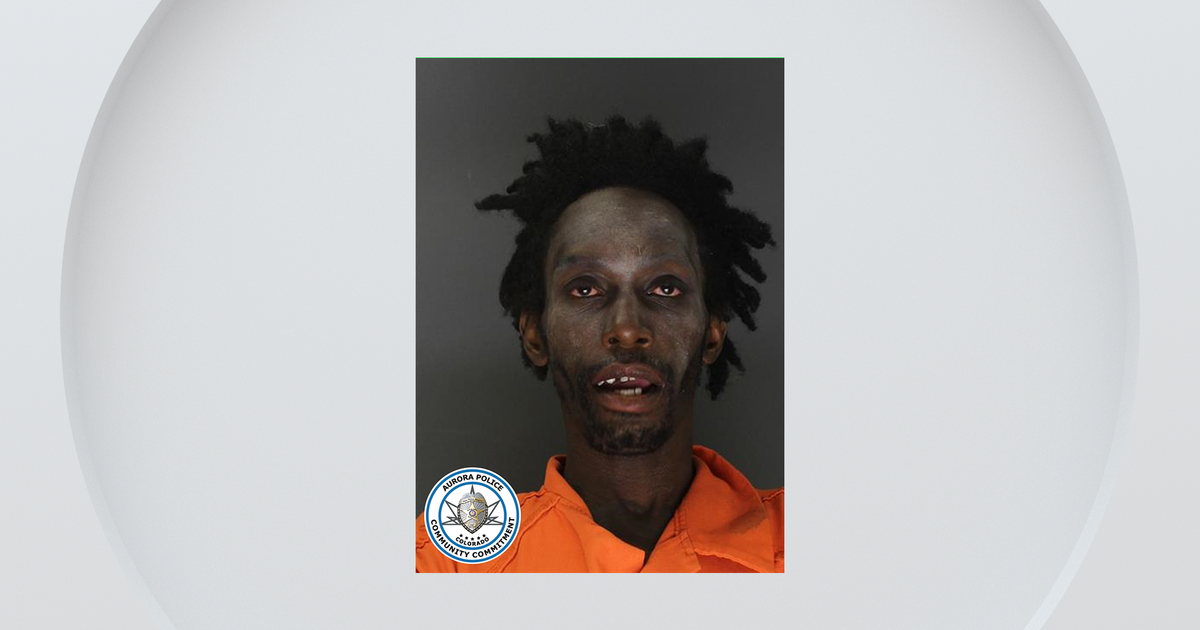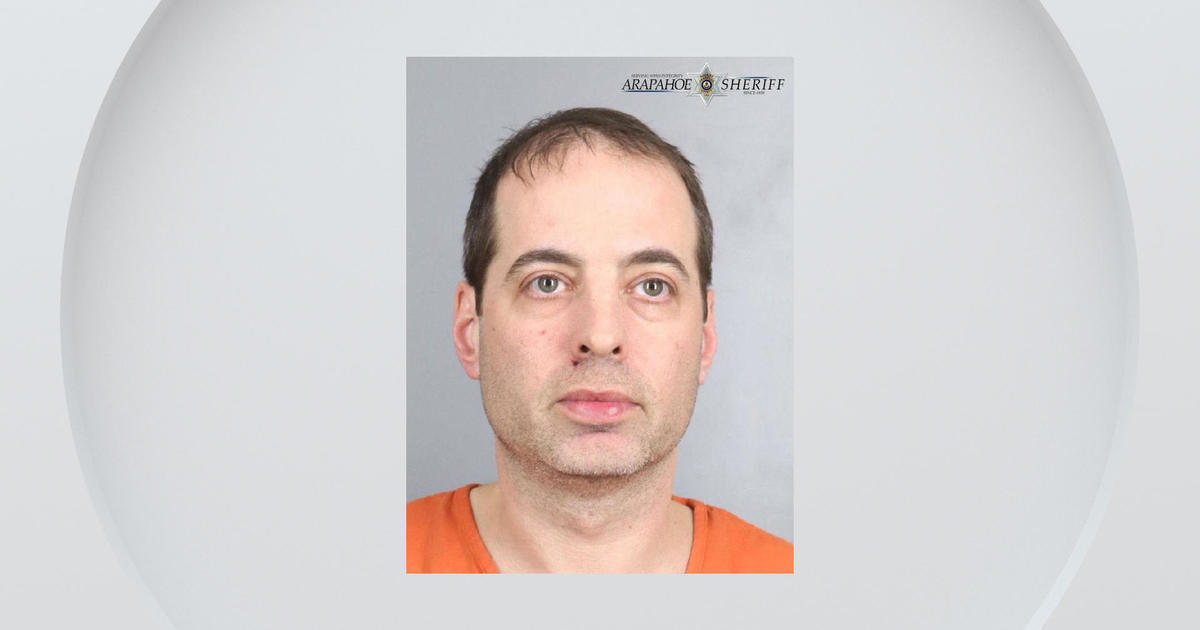Prevention Of Shootings A Very Difficult Matter
DENVER (CBS4) - In Colorado on Tuesday morning reports came in of another multiple shooting. Four dead, including the presumed gunman in a home in Longmont. Investigators say a woman called 911, desperate for help at about 4 a.m., then they heard, "No, no, no," and gunshots. A short time later a man with a gun shot himself dead.
It follows the shootings in Newtown last Friday, in Aurora in July, at several other schools in Colorado over the past 13 years, with the horror of what happened at Columbine High School still stinging and never healed.
"I just cry, I can't help it," said a woman this week at the memorial created by common grief in Newtown.
"They were innocent babies and that's what makes this all incomprehensible," said another.
"It seems to be that they are what we call emerging adults," said Dr. Naomi Fieman, past president of the Denver Medical Society and current chair of the society's task force on violence and mental health.
Those emerging adults are in the age group between 18 and 25.
"And we know that people in that age bracket have somewhat higher in incidence of mental health issues, because that's the age when mental health issues start to emerge as well. They start to develop bi-polar or schizophrenia or other diagnosis at that time.
Dr. Max Wachtel, who works in criminal forensic psychology, extended the age group into the 30s.
"Something like depression, bi-polar disorder, maybe an emerging schizophrenia something where one of the main symptoms is a lot of rage. A lot of anger, a lot of uncontrolled behavior."
Experts find the shooters to be mostly male, and predominantly Anglo-Saxon. Some have observed the shooters are often from middle class or better upbringings.
Adam Lanza, the killed in Newtown, was from a well-to-do family. While his parents were divorced, reports suggest his mother's income from that divorce agreement was substantial and left her in a position in which she did not have to work.
Wachtel indicated there are risk factors associated with a future violent act, but said of predicting; "We're not very good at it." He added, "A person may meet the criteria for those risk factors. What that would tell us is that sometime in the next several years someone may commit a violent act. Now that may be punching somebody, it may be shooting somebody. It may be walking into a school and committing a mass murder, we can't be any more specific than that."
Still, he said he has put people he deemed a risk into custody.
"I've had people tell me that they have plans to kill somebody and I have put them in a hospital, now how much we can believe that when they're actually telling us, I'm not sure that I actually prevent an act of violence -- I don't know."
Fieman noted there has been an increase in mass shootings over a period of decades during which available mental health care has been harder to find.
"We have continued to decrease access to mental health care, decrease resources. I don't think we have all the answers of how to stop every person from obtaining a weapon and getting the correct diagnosis in every person," added Fieman.
Experts are concerned about casting a very wide net. "We have to think about, is it worth taking this person's rights away and putting them in a hospital when we have that wide blanket and we don't necessarily know if anything is actually going to happen," said Wachtel. "It would end up being a tremendous number of people."
Still Wachtel admits, it may be difficult in the wake of recent tragedies to give people the benefit of the doubt that they may not act violently.
"I think every mental health issue is probably going to be more on guard, more vigilant than before. I don't know how to avoid that."
MORE FROM CBSNEWYORK.COM: Newtown Shooting Coverage



